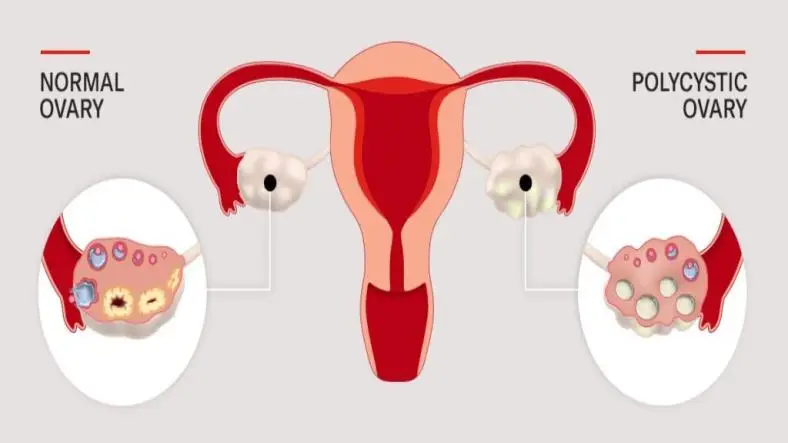Pregnancy is a time of significant change in a woman’s body and oral health is no exception. Hormonal fluctuations during pregnancy can affect the gums and teeth, making it essential for expecting mothers to pay special attention to their oral health. Proper oral care can prevent complications, ensure a healthy pregnancy and contribute to the overall well-being of both mother and baby.
Here are some key tips for managing oral health during pregnancy:
1. Maintain a Regular Oral Hygiene Routine
Maintaining a consistent oral hygiene routine is crucial during pregnancy. Brush your teeth at least twice a day with fluoride toothpaste and floss daily to remove plaque and prevent gum disease. Hormonal changes can increase your susceptibility to gum disease, so diligent brushing and flossing help control plaque buildup and protect against gingivitis.
2. Schedule Regular Dental Check-Ups
Regular dental check-ups are important to monitor your oral health throughout pregnancy. Inform your dentist that you are pregnant, so they can provide appropriate care and avoid certain procedures if necessary. Routine cleanings and exams can help detect any early signs of gum disease or other issues, allowing for prompt treatment.
3. Address Pregnancy Gingivitis
Pregnancy gingivitis is a common condition characterized by red, swollen and bleeding gums. Hormonal changes during pregnancy can exacerbate this condition. To manage pregnancy gingivitis, continue with your regular oral hygiene routine, use an antimicrobial mouthwash if recommended by your dentist and seek professional care if symptoms persist.
Google Ad 1
4. Manage Morning Sickness and Acid Erosion
Morning sickness is a common issue during pregnancy and can lead to frequent vomiting, which exposes your teeth to stomach acids. To minimize acid erosion, rinse your mouth with water or a fluoride mouthwash after vomiting. Avoid brushing your teeth immediately after vomiting, as the enamel may be softened by stomach acids. Instead, wait at least 30 minutes before brushing.
5. Choose Nutrient-Rich Foods
A balanced diet rich in essential nutrients supports both your oral health and your baby’s development. Incorporate foods high in calcium, vitamin D and vitamin C to strengthen your teeth and gums. Dairy products, leafy greens, nuts and citrus fruits are excellent choices. Avoid excessive consumption of sugary snacks and drinks, as they can contribute to tooth decay.
6. Stay Hydrated
Drinking plenty of water is important for overall health and helps maintain good oral hygiene. Water helps wash away food particles and bacteria, reducing the risk of cavities and gum disease. Additionally, staying hydrated can alleviate dry mouth, a common issue during pregnancy.
7. Be Mindful of Dental X-Rays and Treatments
If you need dental X-rays or treatments during pregnancy, inform your dentist of your condition. Most routine dental procedures are safe during pregnancy, but certain elective treatments may be postponed until after childbirth. If X-rays are necessary, your dentist will use protective measures, such as lead aprons, to minimize any potential risks to the baby.
Google Ad 2
8. Address Dental Issues Promptly
If you experience any dental problems during pregnancy, such as tooth pain, swelling, or persistent bad breath, seek prompt dental care. Untreated dental issues can lead to more severe complications and discomfort. Early intervention can help ensure a healthy pregnancy and avoid unnecessary pain.
9. Practice Stress-Relief Techniques
Pregnancy can be a stressful time and stress may impact your oral health. Practice stress-relief techniques, such as meditation, gentle exercise and adequate rest, to help manage stress and its effects on your overall well-being. Stress can contribute to conditions like bruxism (teeth grinding), so addressing stress can also benefit your oral health.
10. Prepare for Postpartum Oral Health
After childbirth, continue to prioritize your oral health. Hormonal changes after pregnancy can also affect your gums, so maintaining good oral hygiene and scheduling regular dental check-ups are essential. If you experience any changes in your oral health postpartum, consult your dentist for appropriate care and advice.
In conclusion, managing oral health during pregnancy involves a combination of diligent oral hygiene practices, regular dental care and a balanced diet. By taking these steps, expecting mothers can maintain healthy teeth and gums, contribute to a healthy pregnancy and support their overall well-being. Remember, your dental health is an important aspect of your overall health and addressing it with care and attention can benefit both you and your baby.
Thanks for reading the dentofacts article, for more such articles read our PeoplesBLOG.















